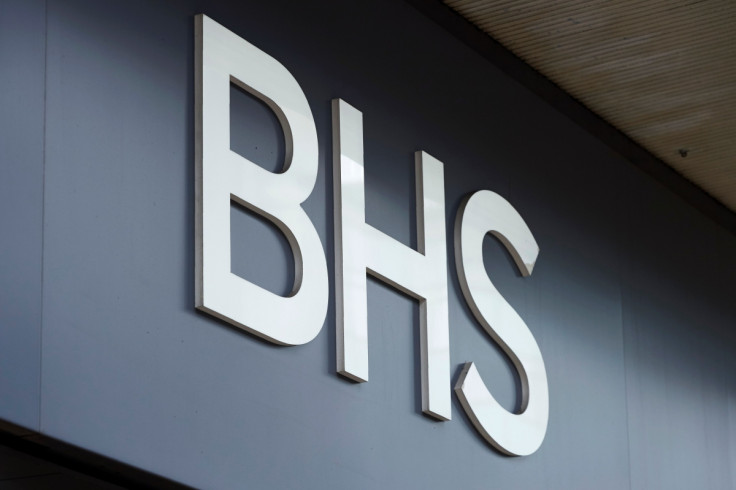BHS £300m pension deficit will be absorbed by Pension Protection Fund

The Pension Protection Fund (PPF) will need to pay out £300m ($433m) to cover BHS's retirement schemes, one of the largest deficits in the organisation's history. By the end of March, the PPF scheme was covering almost 6,000 pensions schemes at the cost of £302.1bn at the end of March, according to its latest figures.
BHS's pension schemes have 20,000 members. Billionaire Mike Ashley has considered making a formal offer to buy BHS to save some of the 11,000 jobs at risk since the business went into administration. Critics fear this move will turn the retailer into a discount chain like the Newcastle's owner's other retail chain, Sports Direct.
The BHS department store chain fell into insolvency on 26 April. It was bought by Retail Acquisitions, a consortium led by Dominic Chappell, a twice-bankrupt former racing driver, in March 2015 for £1.
Meanwhile, sources have told Sky News that a smaller pension scheme for senior BHS staff has been left adequately funded, compared to the retailer's principal scheme for its general workers.
The retailer's senior management scheme could also be absorbed by the PPF, although sources suggest that this is likely temporary. Schemes which are transferred to the PPF typically pay out 90% of the accrued benefits, with a cap on the maximum they can receive.
The government-sponsored PPF is funded through levies of defined benefit pension schemes, and steps in to protect the retirement benefits of insolvent company's employees.
BHS's former owner Sir Philip Green accused the chairman of Work and Pensions Select Committee Frank Field of pre-judging the outcome of its investigation into the downfall of the UK chain last week. Field had said Sir Philip's knighthood should be revoked if he did not repay £571m into BHS's pension fund.
Sir Philip has faced criticism for draining BHS of cash reserves by making multi-million dividend payouts to shareholders in the years before he sold the company for £1.
© Copyright IBTimes 2025. All rights reserved.





















